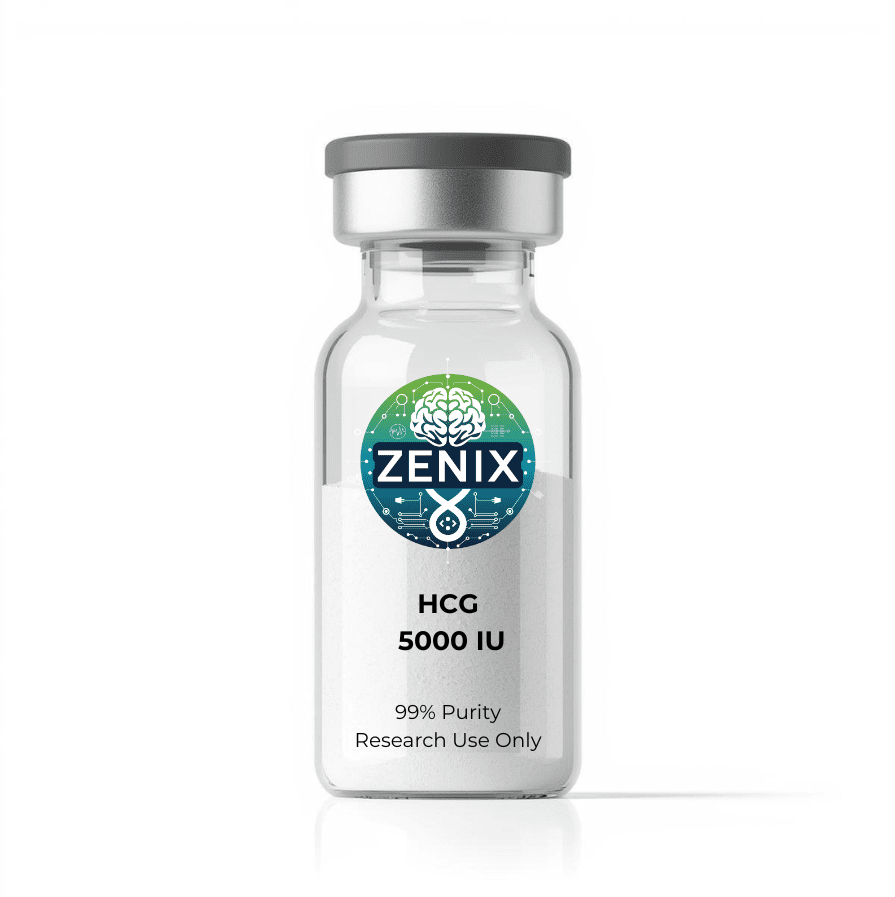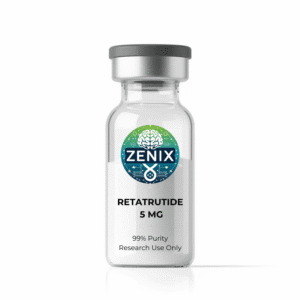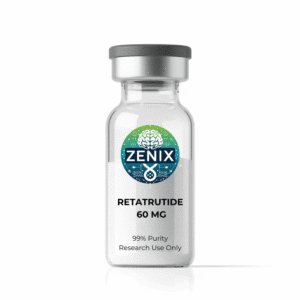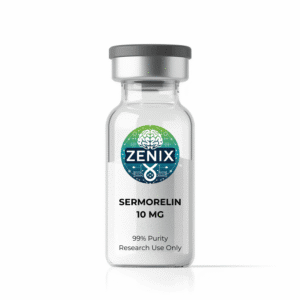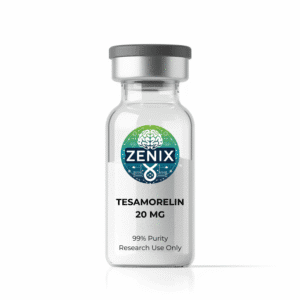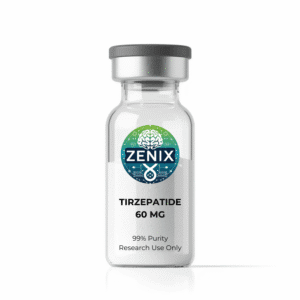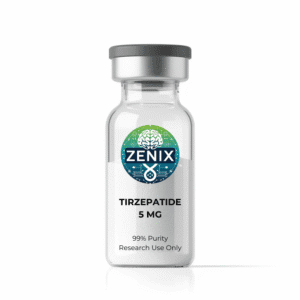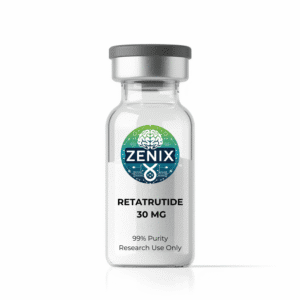Pricing Table
| Kit Size | Dosage per Vial | Total Peptide | Your Price | Price per IU |
|---|---|---|---|---|
| 10 Vials | 5000 IU | 50000 IU | $320 | $0.0064/IU |
| 10 Vials | 10000 IU | 100000 IU | $500 | $0.005/IU |
Quick Product Specs
- Purity: ≥99%
- Form: Lyophilized Powder
- Molecular Weight: ~36.7 kDa (glycoprotein)
- Storage: 2-8°C (refrigerated)
- Shelf Life: 24 months sealed
What is HCG?
Human Chorionic Gonadotropin (HCG) is a glycoprotein hormone produced by the placental syncytiotrophoblast cells during pregnancy. Structurally, HCG is a heterodimeric protein consisting of an alpha subunit (identical to LH, FSH, and TSH) and a unique beta subunit that confers HCG-specific biological activity. HCG exhibits potent luteinizing hormone (LH) mimetic properties by binding to and activating the LH/CG receptor (LHCGR) on Leydig cells in testes and theca/luteal cells in ovaries. In males, HCG stimulation triggers testosterone biosynthesis through upregulation of steroidogenic enzymes (StAR, CYP11A1, CYP17A1, 17β-HSD). In females, HCG maintains corpus luteum progesterone production to support early pregnancy. The hormone’s longer half-life (24-36 hours) compared to LH (20 minutes) makes it valuable for sustained receptor activation research. Purified HCG is extracted from pregnant women’s urine and extensively used in reproductive endocrinology research.
Research Applications
- LH receptor (LHCGR) signaling pathway research
- Testosterone biosynthesis and steroidogenesis studies
- Leydig cell function and testicular physiology research
- Corpus luteum maintenance and progesterone research
- HPG axis recovery and restoration studies
- Spermatogenesis and male fertility research
- Ovulation induction mechanism studies
- Pregnancy hormone and placental function research

